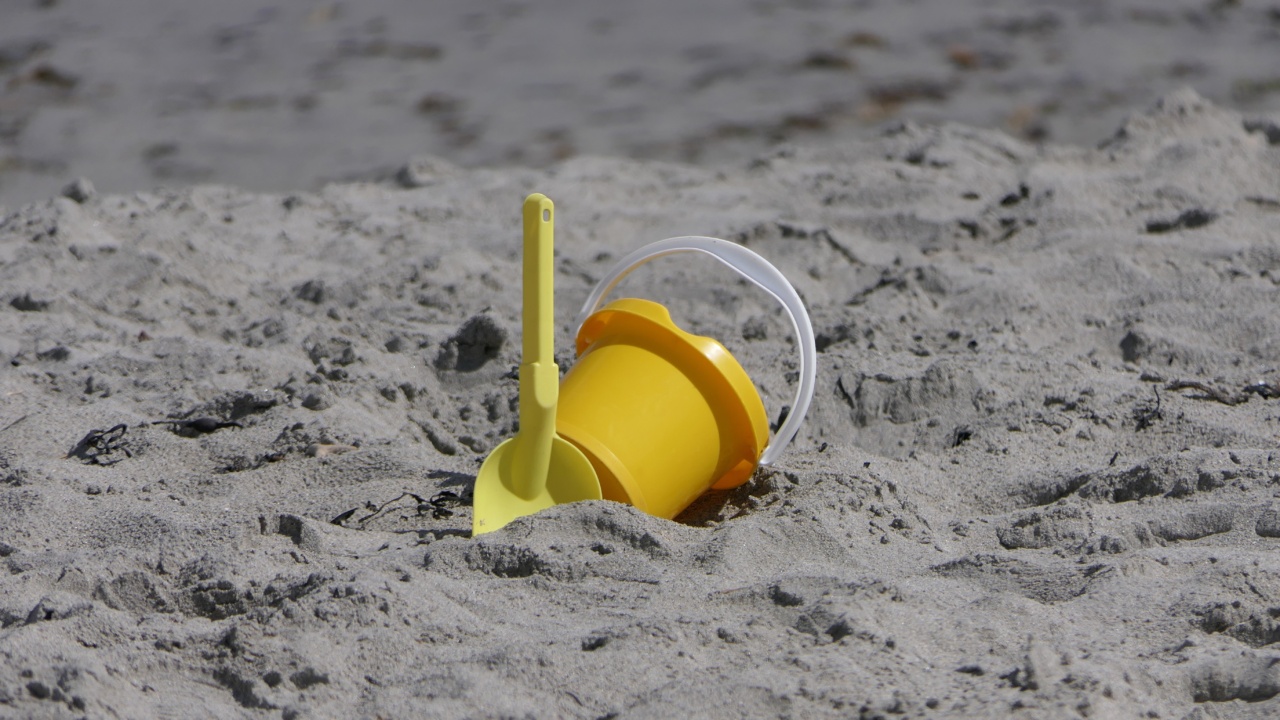Urinary tract infections (UTIs) are common among infants and children. UTIs occur when bacteria travel up the urethra and into the bladder. This can lead to symptoms such as a strong urge to urinate, painful urination, and frequent urination.
If left untreated, UTIs can lead to serious health complications such as kidney damage.
Symptoms
Infants and young children may not be able to communicate symptoms of a UTI. Signs to look out for include:.
- Fever
- Poor feeding
- Irritability
- Foul-smelling urine
- Incontinence
- Pain during urination
- Frequent urination
If your child experiences any of these symptoms, it is important to seek medical attention immediately.
Causes
UTIs in infants and children are often caused by the bacteria Escherichia coli (E. coli).
This bacterium is found in the digestive tract and can enter the urethra when children wipe incorrectly after using the bathroom, wearing tight-fitting or soiled diapers, or not urinating frequently enough. UTIs can also be caused by a genetic predisposition to the condition or abnormalities in the urinary tract.
Diagnosis
A doctor can diagnose a UTI by performing a physical exam and analyzing a urine sample. If the test shows evidence of bacteria in the urine, a UTI diagnosis will be made.
In some cases, additional testing may be required to determine the underlying cause of the infection.
Treatment
UTIs in infants and children are usually treated with antibiotics. It is important to follow the doctor’s instructions closely and finish the entire course of medication, even if symptoms improve.
In some cases, hospitalization may be necessary, especially if the child is very young or a complication has arisen.
Prevention
Preventing UTIs in infants and children is possible by:.
- Changing diapers frequently
- Wiping girls from front to back after using the bathroom
- Encouraging frequent urination
- Avoiding harsh soaps or bubble baths
- Encouraging good hygiene practices
If your child experiences recurring UTIs, it may be necessary to explore additional treatment options such as antibiotics prophylaxis or surgery.
Conclusion
UTIs in infants and children are common and can cause serious health complications if left untreated. It is important to be aware of the signs and symptoms of UTIs and seek medical attention as soon as possible.
By taking preventative measures and seeking treatment when necessary, you can help protect your child from UTIs and their potential complications.




























